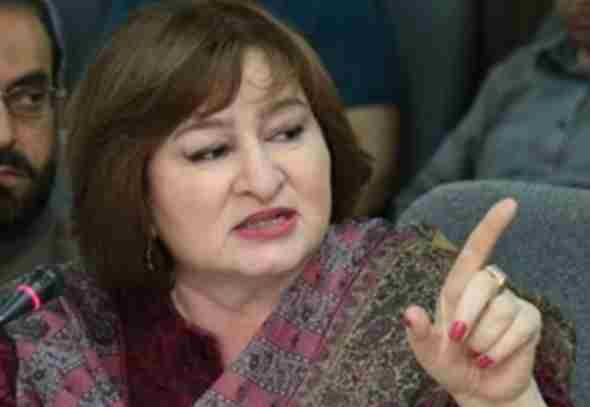KARACHI: Local automobile manufacturers have urged the Federal Board of Revenue (FBR) to withdraw federal excise duty, which will help in rationalizing prices in domestic market.
Overseas Investors Chamber of Commerce and Industry (OICCI) in its proposals for budget 2020/2021 said that the Finance Act, 2019 revised FED on all categories of locally manufactured motor vehicle (Motor car & SUVs, 8703 category) as follows:
| Vehicles | FED |
| Up to 3 to 1000CC | 2.5 percent |
| 1001CC to 2000CC | 5 percent |
| 2000CC and above | 7.5 percent |
The OICCI said that this had resulted in significant increase of the sales price of the vehicles with consequential reduction in sales volume of the respective vehicle categories.
The OICCI recommended that levy of FED on locally manufactured vehicles should be withdrawn by deleting the Serial No. 55B of Table I of First Schedule to the Federal Excise Act, 2005.
The OICCI also suggested changes in advance income tax collected on various engine capacity.
Currently, as per table under Division VII of Part IV of First Schedule, following advance tax under section 231 B is collected by manufacturers on the following categories of vehicles:
| Engine Capacity | Tax |
| 1001CC to 1300CC | Rs25,000 |
| 1301CC to 1600CC | Rs50,000 |
The OICCI said that presently most of the locally manufactured sedans passenger cars fall slightly above the 1300CC categories which includes Honda City (1339CC) etc. This slightly higher engine capacity size results in these vehicles falling in higher tax bracket making it more expensive with higher upfront cost to customers.
The OICCI recommended that amendment should be made in the categories of vehicles mentioned in Division VII of Part IV of First Schedule as follows:
| Engine Capacity | Tax |
| 1001CC to 1350CC | Rs25,000 |
| 1351CC to 1600CC | Rs50,000 |
The OICCI highlighted levy of additional customs duty (ACD). It said that ACD was levied through SRO 1178(I)/2015 on various items, including raw materials at one percent which was enhanced to two percent through SRO 630(I)/2018. Through SRO 670(I)/2019, levy of ACD was further enhanced and slab wise ACD was introduced as follows:
| Tariff Slab | Additional Customs Duty |
| Tariff Slab of 0%, 3% and 11% | 2% |
| Tariff slab of 16% | 4% |
| 20% and higher | 7% |
The OICCI proposed to exempt imports under SRO 655(I)/2006 & SRO 656(I)/2006 from ACD.






